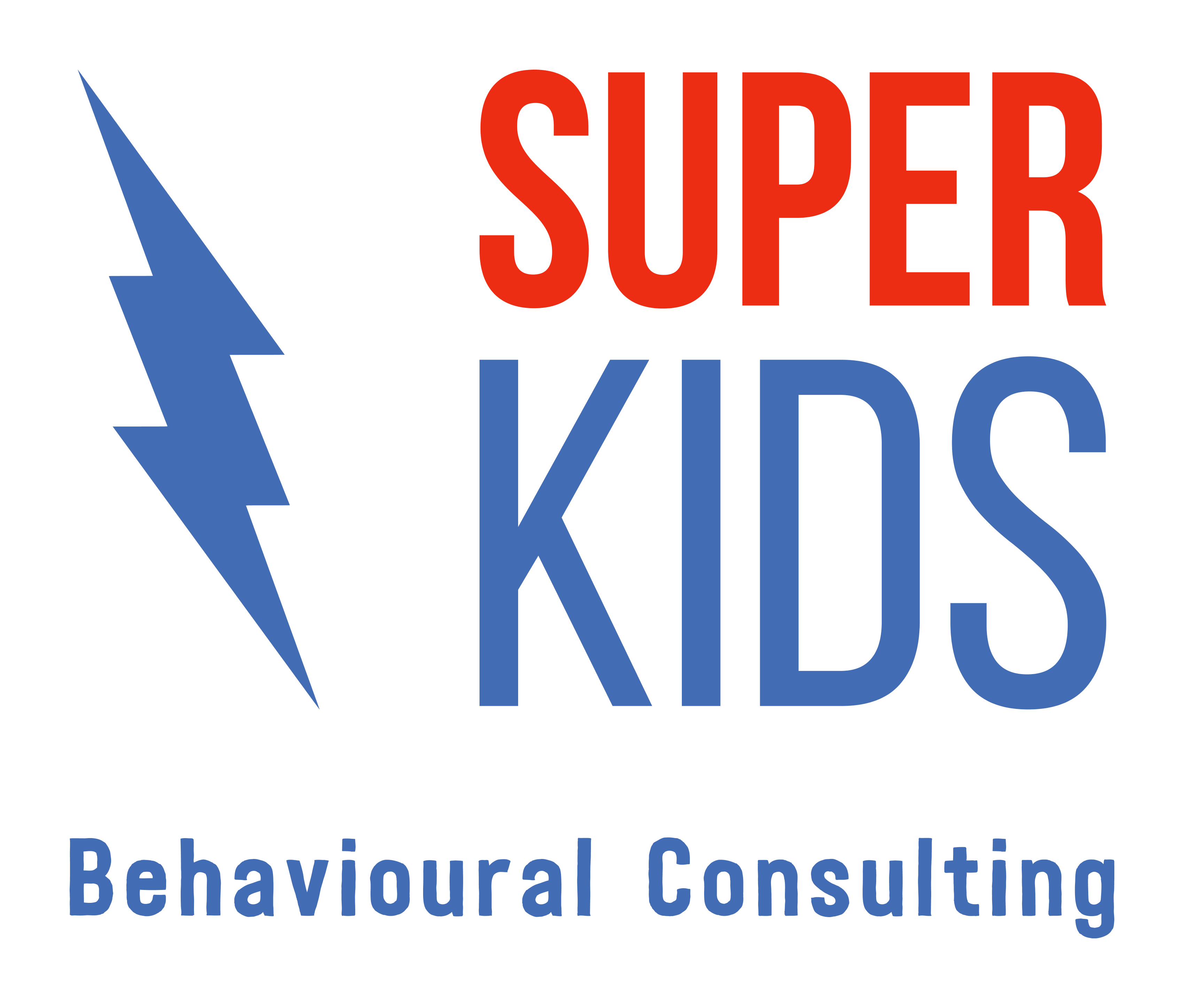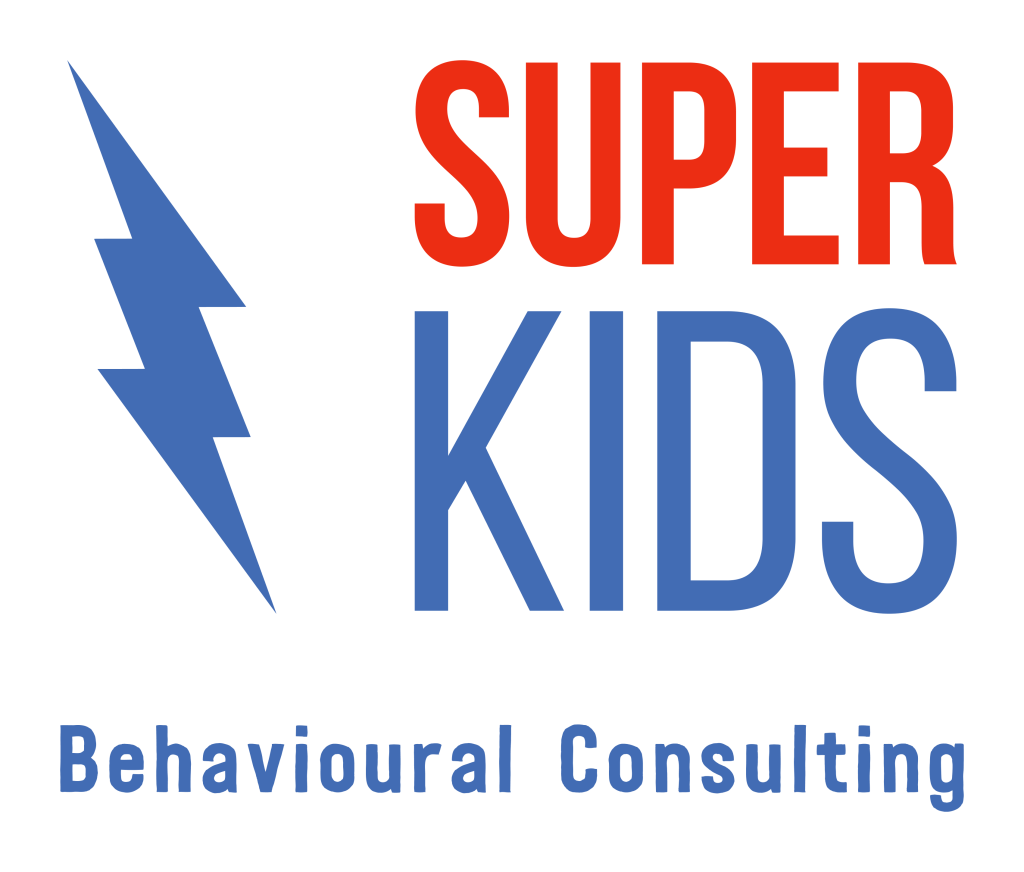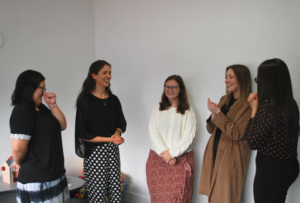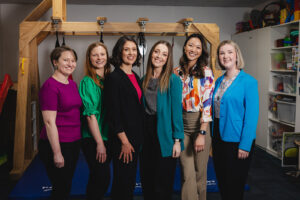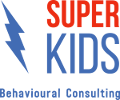How Long Does Toilet Training Actually Take?

Renee Collins
Clinical Director

Toilet training can be one of the most emotionally charged and time-intensive areas of support for families of children with developmental and intellectual disabilities. Parents are often desperate for quick solutions, while clinicians feel the pressure to deliver results, fast. But what do we really know about what works? How long does toilet training actually take and what expectations should we be setting?
At Super Kids, we believe that effective support starts with evidence, empathy, and a clear-eyed look at what the research tells us. That’s why we’re diving into a recent systematic review that explored the intensity of Rapid Toilet Training (RTT) programs for individuals with intellectual and developmental disabilities (IDD).
The Research: What Is Rapid Toilet Training?
Rapid Toilet Training (RTT) was first developed by Azrin & Foxx in 1971 and has since been widely adapted. The approach typically involves:
- Frequent scheduled sits (e.g., every 30 minutes)
- Increased fluid intake to maximise toileting opportunities
- Reinforcement for successful toileting
- Immediate responses to accidents (in some cases, including punishment—although many modern adaptations omit this)
This review analysed over 50 studies to understand not just whether RTT works (spoiler: it often does), but how much time and effort it truly requires.
The Numbers: What Does It Take?
According to the review:
- Average cumulative intervention time was 373 hours
- Children went to the toilet an average of 245 times
- Time spent actually on the toilet averaged 30.5 hours
- Session durations ranged from 3 to 15 hours per day
- Most protocols spanned multiple weeks or months
This is not a one-weekend solution. It’s an intensive, consistent, and highly structured intervention.
Why This Matters for Families and Clinicians
Understanding the true intensity of a toilet training program for a child with a developmental delay helps set realistic expectations for parents, carers, educators, and clinicians. It also reinforces what we already know from values-based practice:
– One-size-fits-all doesn’t work
– Quick fixes may be appealing, but rarely last
– Effective interventions must be personalised, compassionate, and collaborative
Families deserve to know what’s involved before committing to a program. And clinicians need the tools and time to deliver this support in an ethical, sustainable way.
So, Where Do We Go From Here?
At Super Kids, we blend research-backed methods with person-centred values. That means:
- We don’t push timelines that don’t make sense for the child
- We help families build capacity with compassion
- We aim for outcomes that are socially valid, not just statistically significant
At Super Kids, we offer a 6-week intensive toilet plan that includes an initial consultation, in-home support session and daily support. We find that this model works really well for our clients and all make progress. At the end of the 6-weeks, if you’re child hasn’t met all of their goals then we can continue to support you as needed or you can continue with your discharge plan.
If you’re a clinician navigating these decisions, or a parent feeling unsure about what to expect from a toilet training plan, you’re not alone. Let’s keep the conversation honest, evidence-based, and always grounded in what’s best for the child.
Super Kids acknowledges each individual’s personal preference to use identity-first or person-first language to describe themselves or their loved one. We interchangeably use both language conventions and therefore refer to both Autistic children and children with Autism.
